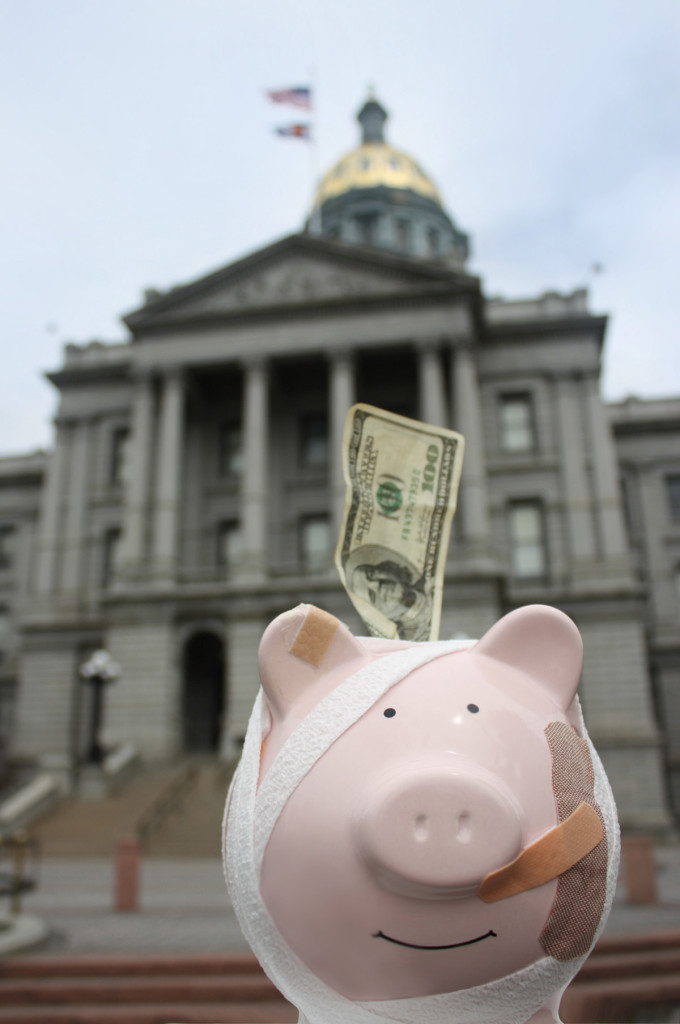By: Megan Schrader
Updated: January 12, 2016 at 5:29 pm

DENVER – Gov. John Hickenlooper will get married Saturday in a small private ceremony, kicking off a 120-day stretch of work where he will try to tackle a bungled budget with lawmakers during the 2016 General Assembly.
Hickenlooper, 63, got engaged to Robin Pringle, 37, two weeks ago. He said he proposed at their home in Denver.
“I manned up, right?” Hickenlooper said Tuesday in his pre-session media availability. “I had been trying to talk her out of it for months and she still seemed eager. … I just looked her in the eye and said ‘Should we do this? Would you be willing to get married and be my wife?’”
Hickenlooper will be busy this session trying to sell his plan to keep about $212 million in the budget instead of refunding it to voters through TABOR-mandated refunds.
“Go compare us to our neighboring states. Go compare us to our peer states to Minnesota and Tennessee. … We’re as tight a budget as anybody,” Hickenlooper said.
The Taxpayer’s Bill of Rights, approved by voters in 1992, mandates that state spending not increase beyond a certain rate without approval from voters. The 2015 tax year is the first time in several years that voters throughout the state will receive the refunds.





 Senate President Bill Cadman displays a memo from the Colorado Legislative Legal Services office answering whether a proposal to reclassify the state’s hospital provider fee would be constitutional at a press conference in his office on Jan. 6 at the Capitol.
Senate President Bill Cadman displays a memo from the Colorado Legislative Legal Services office answering whether a proposal to reclassify the state’s hospital provider fee would be constitutional at a press conference in his office on Jan. 6 at the Capitol.
